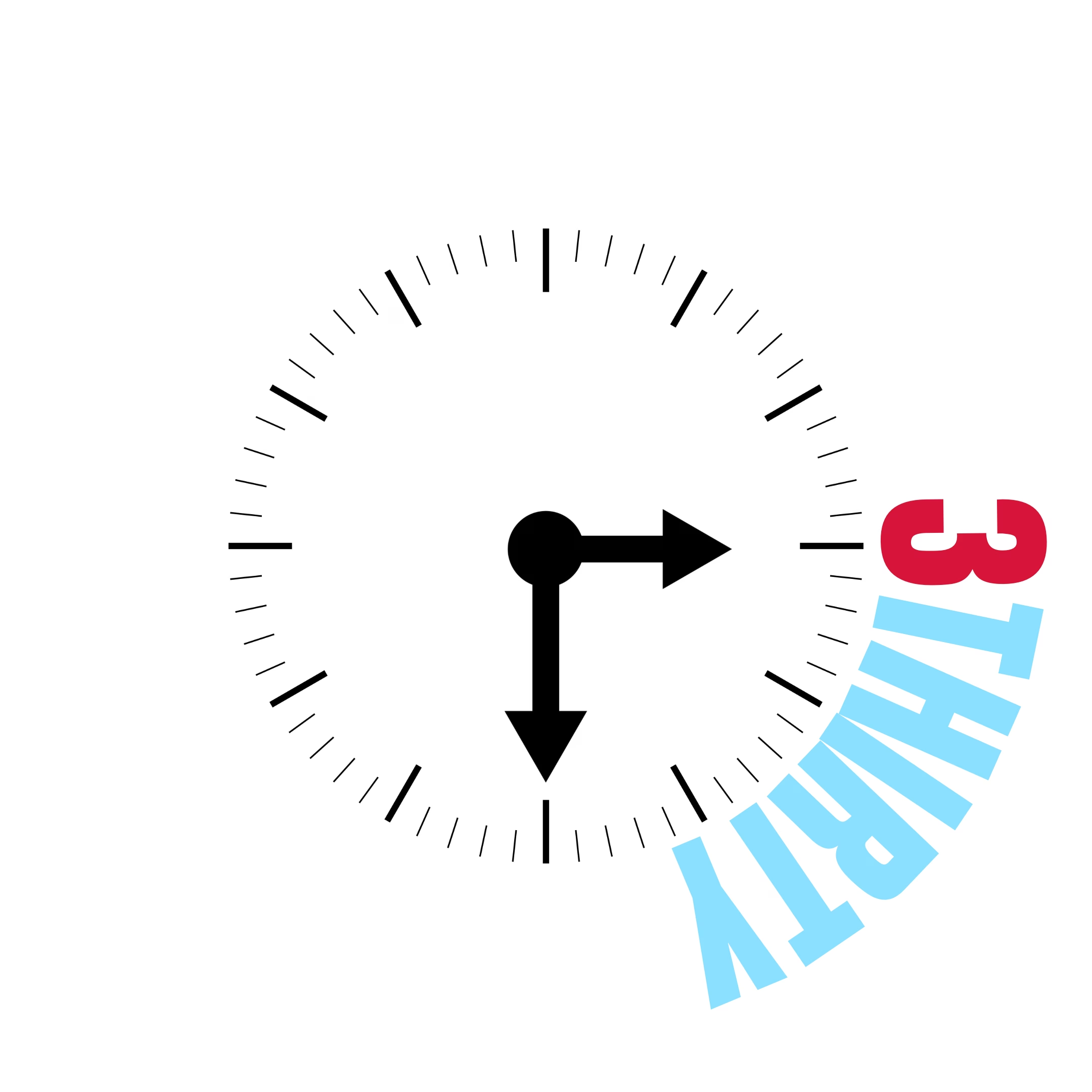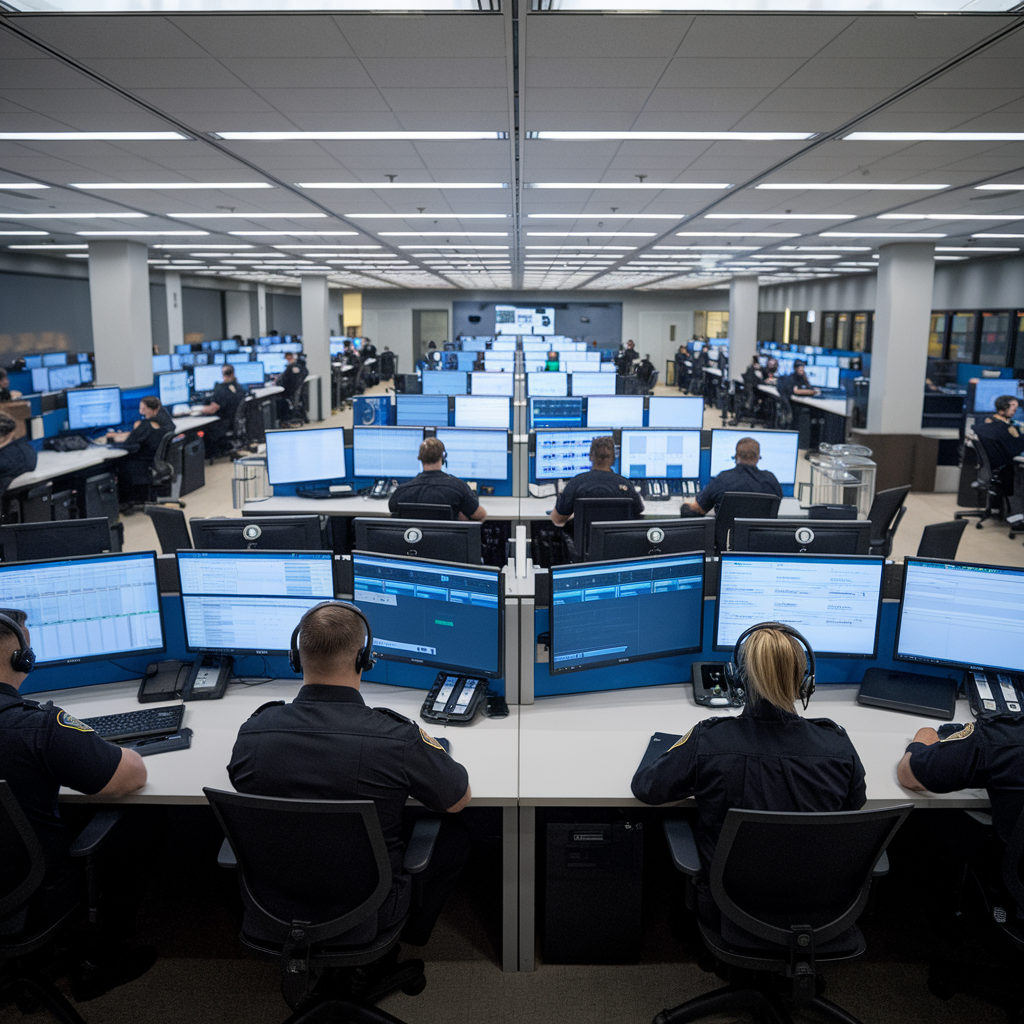If you’re looking to embark on a rewarding career with the NSW Police Force, the Communications Officer position might be the perfect fit for you.
I have previously applied for this role, and was successful. I’ll share with you my tips on how to prepare, apply and what the actual assessment process involved.
Apply now: Click Here.
Role Summary
| Organisation / Entity | NSW Police Force |
|---|---|
| Job Location | Tamworth NSW |
| Work Type | Full-Time |
| Total Remuneration Package | $88,785 pa. Package includes salary ($63,968 – $79,032), employer’s contribution to superannuation, and annual leave loading. |
| Closing Date | 13/10/2024 – 11:59 PM |
What We Like About the Role
This opportunity is one of five ongoing positions in Tamworth, offering a unique entry point into law enforcement support services. With five positions to fill, this represents an amazing opportunity to join the public sector.
While these roles are based in Tamworth, keep in mind that there are other police radio centres across NSW in Sydney, Penrith, Newcastle, and Illawarra. Getting this role, you could consider a transfer to the same position at another centre. Or if you get on the talent pool, you could indicate other locations that you would consider.
One thing that stands out with these roles is the shift work. It might not be for everyone, but for those who prefer working in a structured environment with plenty of flexibility, shift work is a real perk. You’ll have consecutive days off between blocks of shifts, which allows for a great work-life balance, especially for those who enjoy a longer stretch of days to unwind or take on personal projects.
Team 3thirty has first-hand experience in this role. If you enjoy high-pressure environments and thrive on multitasking, this role could be perfect for you.
This is a great position for anyone who wants to kickstart their career in public service or law enforcement support. You’ll be responsible for tasking and coordinating police vehicles as they respond to incidents, which means you’ll be a key player in how operational police are deployed. It’s dynamic, fast-paced, and could even be quite fun for someone who enjoys a challenge. There’s a real sense of accomplishment when you help keep the system running smoothly, whether handling an emergency or providing critical information to officers on the ground.
Additionally, the pay is very good. The role offers a base salary, but you also earn penalty rates as part of working shifts. This makes the role makes it an attractive option for those looking to step into a meaningful career with room for growth.
Recruitment Process
The recruitment process for the Communications Officer position is straightforward but requires attention to detail. You’ll need to submit two key documents:
- A cover letter of no more than two pages.
- An up-to-date resume that highlights your experience and skills.
In your cover letter and resume, be sure to address the essential requirements for the role:
- Security clearance: As this role involves sensitive information, you’ll need to obtain the necessary clearance.
- Typing speed: A minimum of 35 words per minute with 98% accuracy is required.
- Experience with Windows: Proficiency in using the Windows operating system is essential.
- High-level reading comprehension and short-term memory: You’ll need to quickly absorb and retain critical information.
- Willingness to work 24/7 shifts: You must be prepared to work night shifts, weekends, and public holidays.
In addition to the above, you’ll need to answer two targeted questions in your cover letter. These questions are designed to assess how you handle difficult situations and manage multiple tasks simultaneously.
Target Question 1:
Can you share an instance where you showed resilience and courage while handling a challenging customer situation?
Target Question 2:
Can you describe an occasion when you had to juggle several tasks with varying levels of importance? How did you determine your priorities, and what was the outcome?
Make sure to provide clear, specific examples in your responses to these questions, as they will be crucial in determining whether you progress to the next stage of the recruitment process.
Example Application
To help you get started, here’s an example cover letter for Hunter, a student in Sydney who has experience working in hospitality and call centres. Remember, you have two pages to sell yourself – so make good use of this opportunity.
Hunter’s Cover Letter Example:
Dear Hiring Team,
I am writing to apply for the Communications Officer position with the NSW Police Force in Tamworth. As a university student in Sydney with experience in both hospitality and call centres, I have developed the communication, multitasking, and problem-solving skills that align with the essential requirements for this role. Below, I have addressed how my experience meets your criteria:
- Security Clearance: While I have not previously held a formal security clearance, I have consistently worked in environments that require strict confidentiality, such as managing customer orders and sensitive payment information in hospitality and call centres. I understand the importance of discretion and am prepared to undergo the necessary checks to meet the security requirements for this role.
- Typing Speed: In my current call centre role, I maintain a typing speed of 40 words per minute with 99% accuracy, which is regularly assessed as part of our performance metrics. I often need to process orders and customer inquiries quickly, while ensuring accuracy.
- Experience Using Windows: I have extensive experience using the Windows operating system for both personal and professional tasks, including managing customer data, email communications, and handling point-of-sale systems in both my hospitality and call centre roles.
- High-Level Reading Comprehension and Short-Term Memory: Working in a fast-paced call centre has trained me to quickly read and comprehend customer requests while entering information into our system. I am comfortable processing large amounts of information under pressure and ensuring that no details are overlooked.
- Willingness to Work 24/7 Shift Patterns: I have experience working a variety of shifts, including nights and weekends, in my hospitality and call centre jobs. I enjoy the flexibility that shift work offers and am fully prepared to work the 24/7 roster required for this position.
Target Question 1: Can you share an instance where you showed resilience and courage while handling a challenging customer situation?
Situation: In my hospitality role at a busy restaurant in Sydney, I encountered an extremely upset customer who had received an incorrect meal during peak service hours. The customer became increasingly frustrated as the kitchen was also running behind schedule.
Task: My responsibility was to de-escalate the situation, ensure the customer was taken care of, and manage the expectations of other customers during a high-pressure period.
Action: I approached the customer with empathy, listened to their concerns, and reassured them that I would personally see to it that their order was corrected as quickly as possible. I communicated with the kitchen staff to prioritise their order and provided complimentary drinks while they waited. Throughout the process, I kept the customer updated on the status of their meal and remained calm despite the busy environment.
Result: The customer’s frustration gradually diminished as they felt heard and valued. When their meal was finally delivered, they expressed their appreciation for my handling of the situation. Despite the initial difficulty, the customer left satisfied, and the restaurant avoided a potential complaint.
Target Question 2: Can you describe an occasion when you had to juggle several tasks with varying levels of importance, how did you determine your priorities, and what was the outcome?
Situation: At the call centre where I currently work, I often find myself managing multiple incoming calls while also processing orders and responding to customer emails. One particularly busy day, I had a backlog of orders to process while handling several urgent customer inquiries at once.
Task: My task was to efficiently manage all incoming calls while ensuring that orders were processed in a timely manner to meet company deadlines.
Action: I quickly assessed the urgency of each call and prioritised the most critical issues, such as technical problems and complaints, over routine inquiries. During quieter moments between calls, I focused on processing orders in batches, ensuring accuracy while still maintaining the call centre’s high response standards. By staying organised and multitasking effectively, I kept on top of both the calls and the order backlog.
Result: By the end of my shift, I had successfully managed all incoming calls without delays and completed the order processing on time. My supervisor praised my ability to remain calm under pressure and handle multiple tasks efficiently, and the customers were satisfied with the service they received.
I am confident that my experience in customer service, combined with my ability to stay composed under pressure and my willingness to work flexible hours, makes me a strong candidate for the Communications Officer role. I look forward to the opportunity to contribute to the NSW Police Force and support the critical work of our law enforcement teams.
Kind regards,
Hunter
Assessment Process
If your application is successful, you’ll be shortlisted for a computer-based assessment. This includes:
- Typing speed: You’ll need to demonstrate your ability to type at a minimum speed of 35 words per minute.
- Data entry: This part of the test will assess your speed and accuracy in processing information.
- Cognitive reasoning and reading comprehension: You’ll be tested on your problem-solving skills and ability to absorb and process information quickly.
The computer assessment is straight forward, and does not require you to know anything about police procedures. If you can type like you say you can in your application, you will likely get through.
Should you pass the computer-based assessment, you’ll move on to the interview and assessment centre. This is more critical and competitive than the previous computer assessment. Here you’ll really be tested on your capacity to perform the role.
Here, you’ll face further evaluations, including:
- Short-term memory tests: These assess your ability to retain information, which is crucial in a fast-paced environment.
- Multi-tasking and decision-making: You’ll be tested on how well you can juggle multiple responsibilities under pressure.
- Resilience and problem-solving: These are key attributes for success in this role, as you’ll be dealing with critical situations that demand quick, sound judgment.
Follow my tips on how to prepare for this role below. Knowing police procedures, or watching lots of episodes of Cops won’t necessarily help.
You will also need to do a capability interview. Make sure you have a good answer to the question “Why do you want this role?”. You should highlight your genuine interest in the role, and demonstrate clearly that you’ve researched what it involves.
How to Prepare
Preparation is key to success in any recruitment process. Here’s how you can get ahead:
- Practice your typing: Plenty of online courses offer free typing tests that allow you to gauge your speed and accuracy. Aim for at least 35 words per minute with 98% accuracy.
- Familiarise yourself with the phonetic alphabet: Police communication often relies on the phonetic alphabet (Alpha, Bravo, Charlie, etc.). Knowing this by heart will make your job easier.
- Practice talking and typing at the same time: In this role, you’ll often need to take notes while talking to police officers or callers. Practicing this skill ahead of time will help you manage these tasks more effectively.
Conclusion
Securing a Communications Officer role with NSW Police is an excellent opportunity to start a meaningful career in public service. You’ll enjoy a flexible schedule with blocks of time off, penalty rates for night and weekend shifts, and the satisfaction of knowing your work directly contributes to community safety. Whether you’re starting your career or looking for a change, this role is a stepping stone toward a bright future in law enforcement support.
Apply now: Click Here.
Good luck with your application!





